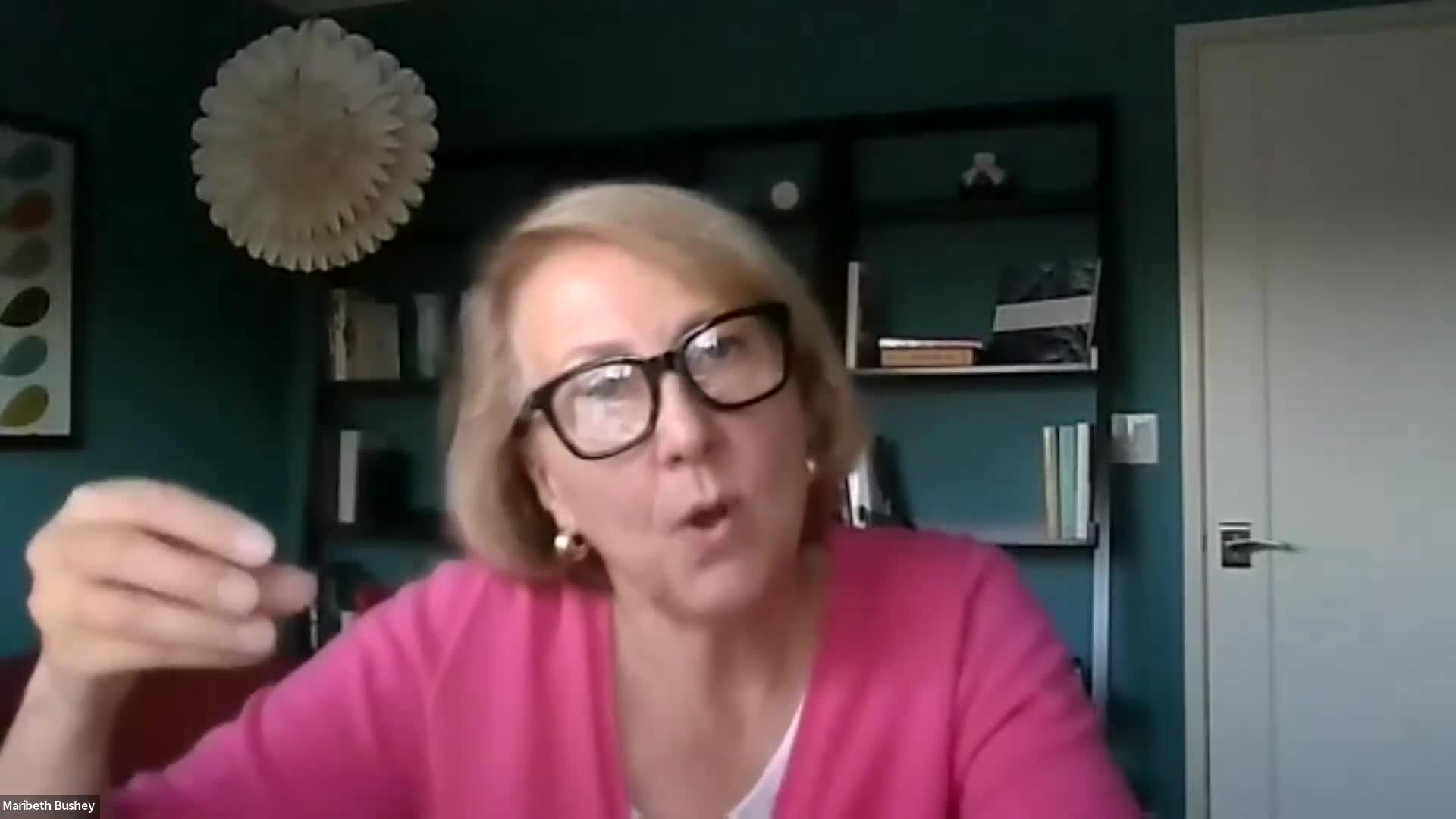San Rafael and Marin County outline 65‑cabin interim shelter, services and funding for 350 Merrydale Road
Get AI-powered insights, summaries, and transcripts
Subscribe
Summary
City and county officials on a public webinar described a time-limited interim shelter of 65 cabins at 350 Merrydale Road to serve people experiencing homelessness in San Rafael, detailed services and safety plans, and said operating funds are secured through June 30, 2027, with an option to extend through 2029.
SAN RAFAEL, Calif. — City of San Rafael and Marin County officials said on a public webinar that they plan to open a time-limited interim shelter at 350 Merrydale Road that would place up to 65 individual cabins on a flat lot and provide 24/7 on-site staff, showers, toilets, security and housing navigation.
The shelter is intended as an interim step while the property moves through a future entitlement and development process for permanent affordable housing. City staff said funding is in hand to operate the interim program through June 30, 2027, and that an extension of up to two additional years would be pursued if further funding is secured (potential closing by June 30, 2029).
City officials said the program will prioritize residents of the Mahone Creek sanctioned camping area and an unsanctioned encampment along Anderson Drive. The interim site will be capped at 70 unique participants over time and is not intended to serve people from outside San Rafael.
"This project is a way for San Rafael to help address the unhoused residents among us who need help being brought to a level of stability so that they can help themselves," Vice Mayor Marybeth Bushey said during opening remarks. She described the cabins as an "interim step" that mirrors the city’s pathway from temporary shelter to permanent housing.
County and city staff explained the services to be offered on-site and in partnership with community providers. "All residents will be matched with a housing‑based case manager," said Gary Najjar (county division director for homelessness and coordinated care). He said case managers help with basic needs, transportation and navigation to permanent housing, and that mobile street‑medicine and referral services will visit the site.
Staff described safety and operations in detail. The city said the site will be fenced, have controlled entry with bag checks, perimeter cameras and lighting, and a contracted site operator responsible for daily maintenance and trash cleanup. A code of conduct with quiet hours from 10 p.m. to 7 a.m. will apply; violations can lead to program dismissal. San Rafael Police Department liaison Lieutenant Todd Behringer said patrols and a special operations unit will supplement site security, and the county’s "safe team" (a mental‑health crisis and EMT pairing) will be available for outreach.
Staff pointed to the Mahone Creek sanctioned camping area as precedent. They said crime calls in that area fell markedly after the sanctioned site opened and that a portion of residents from Mahone Creek have been connected to permanent housing and benefits. City presenters recommended those results as evidence that professionally managed interim sites can reduce neighborhood impacts compared with unmanaged encampments.
Officials described the timeline and approvals. The city will hold an in‑person community meeting on Nov. 6; the City Council is scheduled to consider staff reports on Nov. 17 and the Marin County Board of Supervisors on Nov. 18. City staff said the site search took more than two years and that Brown Act closed sessions were used during real‑property negotiations to protect bargaining position.
Budget figures provided in the webinar: land acquisition cost $7.3 million, site and program setup $1.6 million, and annual operating cost roughly $2.0 million. Panelists said the partnership is funded through a mix of city and county funds, the county’s Encampment Resolution Fund (ERF) awards and other grants; county staff said no new taxes or bonds are being proposed to pay operating costs. Panelists also noted a separate county contribution of $8.0 million toward housing funds for related projects and earlier ERF funding of approximately $6.0 million for encampment relief activities.
Panelists answered more than 300 questions from residents about site selection, safety, pets, food, parking and program rules. Staff said there will be no on‑site cooking but that meals and food assistance are included in the program budget; microwaves and storage will be available. Pets will be allowed with rules enforced (leash, waste pickup); Marin Humane will provide vaccinations and microchipping supports. Staff said security personnel will not be armed and emphasized training in deescalation and mental‑health first aid.
On eligibility and capacity, city staff said the program will prioritize people currently in the sanctioned site and along Anderson Drive; the interim program does not have capacity for the entire city’s unhoused population. County staff clarified a recent point‑in‑time count showing 264 unsheltered individuals in San Rafael and 62 in shelter, for a total of roughly 326 people counted in 2024.
Officials repeatedly invited residents to the Nov. 6 in‑person session and said staff reports and council materials will be posted in advance of the Nov. 17 meeting. "This project is not just a stopgap. It is an empowering bridge leading to hope and support from local providers and community members," said Alicia Owens, a community liaison with the Marin County Lived Experience Advisory Board, who described her own experience of moving from homelessness into housing.
Questions that could not be answered in the webinar will be added to the city’s FAQ page and addressed at the in‑person forum. If the City Council and Board of Supervisors approve the interim program, staff said they will pursue placement and case‑management outreach immediately and continue coordination with local service providers to move participants toward permanent housing.
Ending note: staff emphasized the interim nature of the site, multiple safety and service commitments, and the scheduled public hearings in November for formal city and county consideration.
